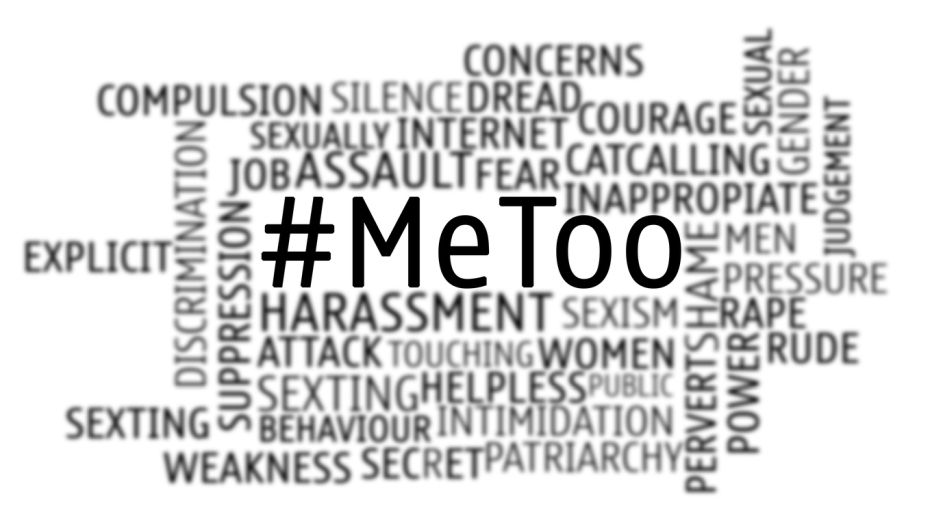In recent years, women have made significant progress towards equality in a number of areas such as education and health, with the Nordic countries leading the fray. But the global trend now seems to have made a Uturn, especially in workplaces, where full gender equality is not expected to materialise until 2234, WEF said in a report.
“A decade of slow but steady progress on improving parity between the sexes came to a halt in 2017, with the global gender gap widening for the first time since the World Economic Forum’s Global Gender Gap Report was first published in 2006,” it said.
Advertisement
The Geneva-based organisation’s annual report tracks the disparities between the sexes in four areas: education, health, economic opportunity and political empowerment. A year ago WEF estimated that it would take 83 years to close the remaining gap. But since then women’s steady advances in the areas of education, health and political representation have plateaued, and for the fourth year running, equality in the workplace has slipped further from view. Thursday’s report said that at the current rate of progress, it would now take a full 100 years on average to achieve overall gender equality.
The estimated time needed to ensure full equality in the workplace meanwhile has jumped from 80 years in 2014 to 170 years last year to 217 years now, according to the report. “In 2017, we should not be seeing progress towards gender parity shift into reverse,” Saadia Zahidi, WEF head of education, gender and work, said in a statement. Even more than in the workplace, political participation stubbornly lagged behind, with women still accounting for just 23 per cent of the world’s decision makers, according to the report. But political representation is also the area where women have made the most advances in recent years, the report said, estimating it will take 99 years to fully rectify the situation.
The picture is not all bleak: the march towards gender equality in education could reach the finish line within a mere 13 years, it said. And the situation varies greatly in different countries and regions. For instance, while Western European countries could close their gender gaps within 61 years, countries in the Middle East and North Africa will take 157 years, the report estimated. Overall, the Nordic countries once again dominated the top of the table: men and women were most equal in Iceland, followed by Norway and Finland. Rwanda came in fourth, with another Nordic country, Sweden, in fifth place.
They were joined by Nicaragua, Slovenia, Ireland, New Zealand and the Philippines in the top 10, with Syria, Pakistan and finally Yemen at the bottom of the rankings. Among the world’s 20 leading economies, France fared the best, taking 11th place overall, up from 17th place last year and 70th place in 2006.
France’s rise is largely thanks to increasing numbers of women in politics, including complete parity among government ministers. The United States meanwhile dropped four spots to 49th place due to women’s dwindling political representation, with a “significant decrease in gender parity in ministerial level positions,” the report said.
A century behind
GENDER inequality is so pervasive that it will take a century to close the global gender gap at the current rate of change. This sobering piece of information, according to new research by the World Economic Forum, points to regression in global gender parity at work and in politics. The widening gap is attributed to deeply ingrained gender stereotypes halting progress for half the world’s talent pool. The Global Gender Gap Report, the WEF’s annual benchmarking exercise, states it will be another 217 years before women achieve economic parity – more than the 170 years calculated in last year’s report.
The reality that women are underrepresented and underpaid from the start of their careers, and that the gender gap is even wider in senior positions, is very evident in countries such as Pakistan. Measuring progress on the basis of economic, health, education and political indices in 144 countries, the gender gap index lists Pakistan at 143. Given that Pakistan’s position on the index has remained constant for two years, this shows increasing levels of discrimination against women. The report is a shameful reminder that women are second-class citizens because myopic policymakers have failed to eliminate the forces behind gender inequality; a plethora of anti-women practices limit society’s expectations of what women can or should do.
Depriving women of a voice, of their right to vote, of equal wages, of safe workplaces, etc has had detrimental socio-political and economic repercussions. Because gender imbalance has a vast bearing on growth and future economic readiness, policymakers should realise that the country’s economic engine is hugely dependent on women’s input.
The closure of gender gaps should be linked to national policies addressing the lack of education and skills, cultural stereotypes, discrimination at work and the effects of unpaid care and family responsibilities. Also when women have a political voice, there are more chances of a just society with fewer human rights abuses.
For instance, even in the more conservatives societies of Fata and Khyber Pakhtunkhwa, innovative peace education ventures led by women have helped build social cohesion in some areas. Key to closing the gender gap is increasing female leadership because, as studies show, women hire and mentor female talent – more so than male bosses.
If more young women advance to the top – despite the usual resistance – earning the same money and respect as men, then, there’s a chance that the playing field will become level for everyone.
(Dawn/ANN)









